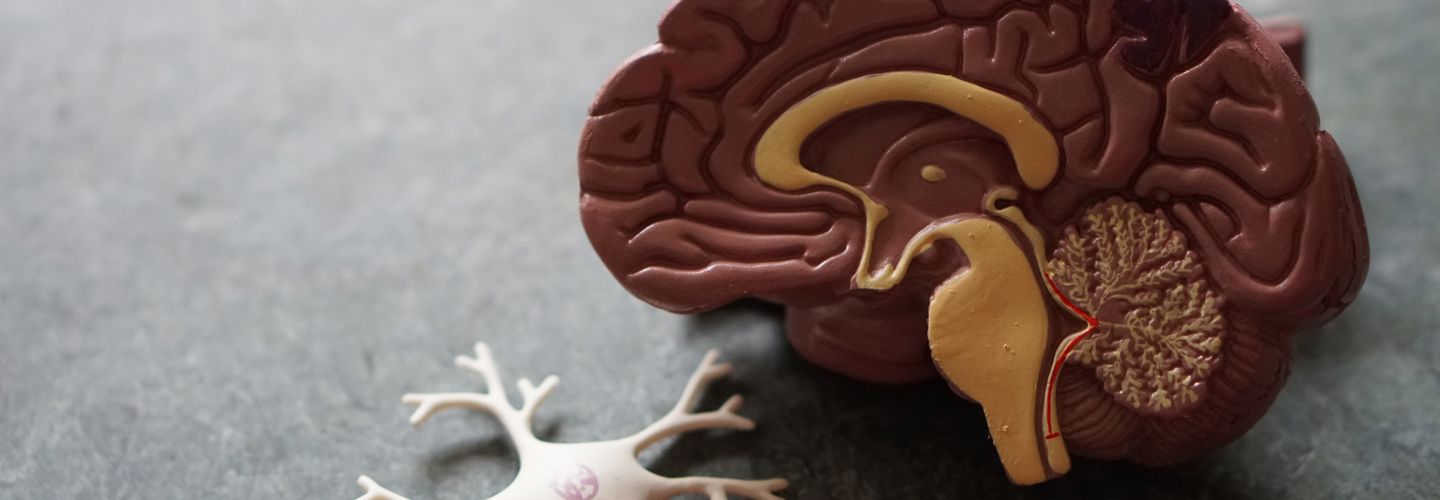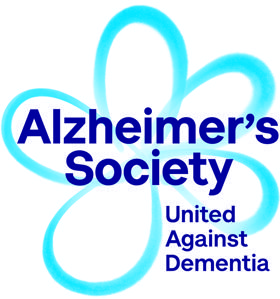
What Can Cause Dementia to Suddenly Get Worse?
Published: 16/08/2023
What can cause dementia to suddenly get worse?
Caring for a loved one with dementia can be challenging as you will inevitably be the one to see their decline. Dementia is a progressive condition, which means the symptoms will only get worse with time. Keeping track of these changes can be important, as sudden and unexpected progression of the disease can indicate an underlying condition.
Keeping a symptom journal can help you to spot changes in their behaviour that might otherwise go unnoticed by their GP or medical team. Understanding how the disease will progress will also help you to identify any changes that might be out of the ordinary.
Types of dementia
There are many different types of dementia and they can progress at different rates. Signs of deterioration with each condition will also differ, so it’s important to read up on the type of dementia you are dealing with so you can be prepared for the next steps. The main types of dementia are outlined below.
Alzheimer’s Disease
This is the most common form of dementia disease and usually presents as short-term memory problems. As the disease progresses, there is a gradual cognitive decline. In the beginning, they might struggle to stay on top of bills or show mood changes as they become irritable.
As this progresses, symptoms of a worsening condition can include:
- Memory loss and confusion
- Difficulty with language and struggling to remember common words
- Inability to recognise familiar people, or mixing them up with others
- Trouble with everyday tasks and planning
- Restlessness and agitation
- Angry outbursts due to frustration
Vascular Dementia
When the blood vessels in the brain are damaged, this can lead to the brain not receiving enough oxygen and nutrients. It causes symptoms similar to Alzheimer’s disease. Addition signs of the progression of this disease include:
- Struggling to plan
- Difficulty paying attention and concentrating
- Impaired judgement and ability to function in social situations
- Personality changes, including aggression
- Hallucinations
Frontotemporal Dementia
This form of dementia typically affects people in their 40s, 50s and 60s. Unlike other forms of dementia, which typically start with memory issues, this usually presents with language problems and personality changes. As the condition advances, individuals might suffer from muscle weakness that impacts their ability to swallow, chew, move around and control their bladder and bowels.
Dementia with Lewy Bodies
This condition presents and progresses like many other forms of dementia, but early signs are often slightly different from Alzheimer’s. This could include:
- Difficulty moving, which could include a change in handwriting, muscle stiffness, a shuffling walk and a loss of coordination
- Hallucinations
- Difficulty identifying people and mixing them up with others
- REM sleep behaviour disorder
- Dizziness
- Frequent falls
Parkinson’s Disease Dementia
A high percentage of those with Parkinson’s disease will go on to develop dementia. These symptoms will be similar to those with Lewy body dementia, including cognitive decline, sleep problems and hallucinations.
Mixed Dementia
Those over the age of 80 may present with different forms of dementia, usually the result of abnormal protein deposits linked to Alzheimer’s alongside damage to the vascular system which then presents as vascular dementia. This can result in a mixture of symptoms seen with both diseases.
What causes sudden progression of symptoms?
First we need to understand what is meant by a sudden progression. If you haven’t seen a person in a year and noticed that their symptoms are much worse than the last time you saw them, this can feel very sudden to you. But this is the normal progression of the disease.
However, if you see the person often and notice a sudden decline in their cognitive function, this could indicate an underlying condition. Common reasons for a sudden progression of symptoms include:
Mini-stroke: With vascular dementia, the brain experiences a series of mini strokes that impact cognition and cause cognitive decline.
Recent stays in hospital: If your loved one has been hospitalised for an infection, or developed an infection while in hospital, this can lead to cognitive impairment. You might notice their condition decline when they return home.
Changes to medication: Many medications will have cognitive side effects that can impact the progression of the disease, or make symptoms worse. This includes medications like opioids for pain, anti-anxiety medication, oral steroids and statins for cholesterol.
Diminished kidney function: One study published in 2022 found a link between kidney function and dementia risk in older adults.
Vitamin and mineral deficiencies: Those with low levels of B12 and folate may show symptoms of dementia, and these deficiencies can make symptoms worse.
Dehydration: Those with dementia struggle to structure their lives and might forget to do simple things like drink enough water. This makes them more susceptible to dehydration, which can increase agitation, which might be mistaken for a sudden advancement of their condition.
Poor sleep: Interrupted sleep cycles can impact wellbeing and make the symptoms of dementia much worse.
Depression: The onset of dementia can lead to depression in some adults, and this can worsen the symptoms of their condition. It might be difficult for the person to get help because they struggle to articulate how they feel.
How can you prevent these changes?
The first thing you should do when noticing a change in a loved one’s behaviour is to rule out anything medical. Visit your GP or raise the issue with the nurse during your next checkup. If you have kept a symptom journal, be specific about what has changed and when you noticed the change.
Routine is essential for those living with dementia, as it will ensure nothing essential is missed. With a strong routine, you can avoid nutritional deficiencies, dehydration and poor sleep.
Routine also extends to their surroundings. Dementia patients often feel more comfortable in familiar surroundings. When cognitive decline sets in, it can be scary to find yourself in unfamiliar settings. This is why home care is often the best choice for those living with dementia. It allows them to stay in familiar surroundings for longer, which can improve health outcomes.
Closing thoughts
If you are caring for someone in the early stages of dementia, it can be difficult to know when to ask for help. We recommend early intervention to give the individual time to adjust while they are still aware of what is happening.
Home care can help to ease the pressure on family members to provide round the clock support. It can also give you much needed peace of mind that there is an expert on hand to help identify the signs that something is amiss and needs attention.
If you're concerned about a loved one's health or wellbeing, we can arrange a home visit to determine if daily personal care or live-in care could give your loved one the support they need to continue living independently.
If you'd like to explore the possibility of introducing a carer or even a simple companionship visit to your home, get in touch with our friendly team today. We care for people in Camden, Hampstead, Golders Green and surrounding areas.
Our friendly and supportive team can be reached by calling on 0203 921 1111 or by emailing us at camden.hampstead@rightathome.co.uk

